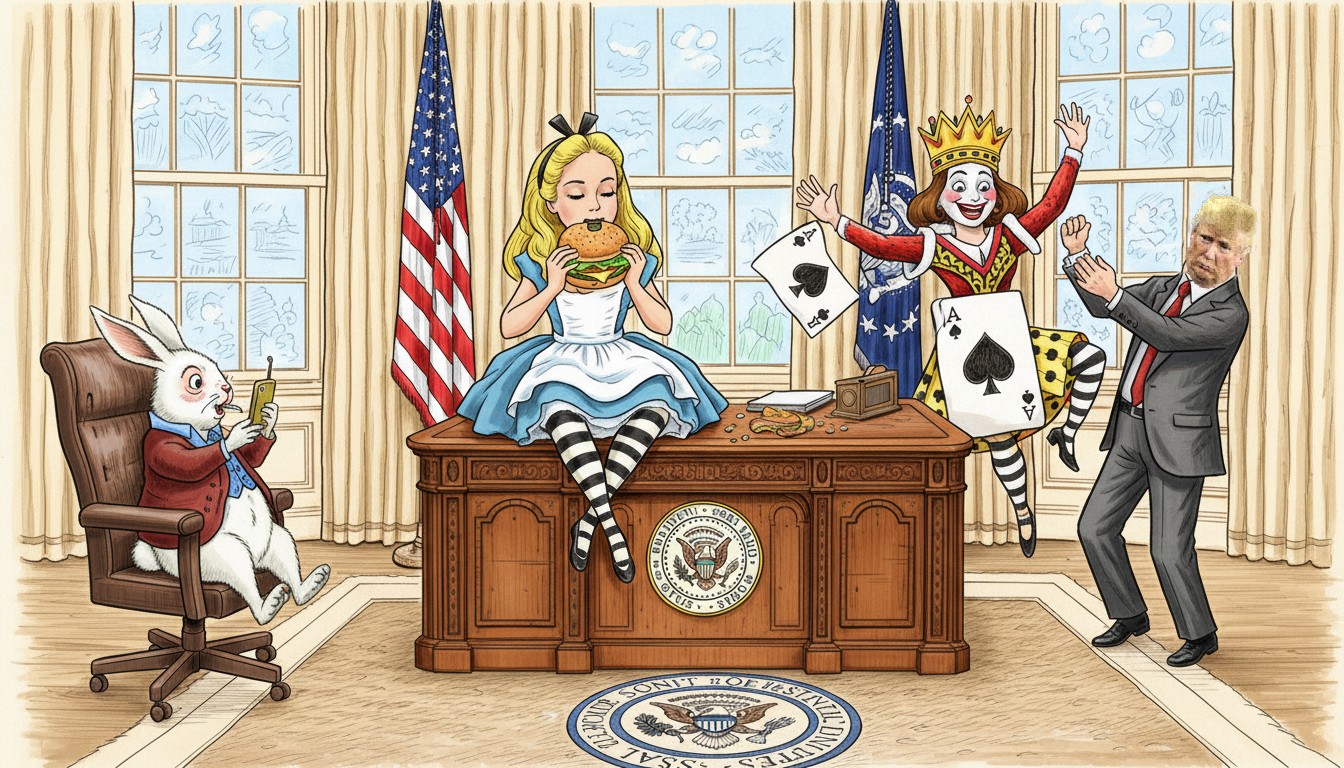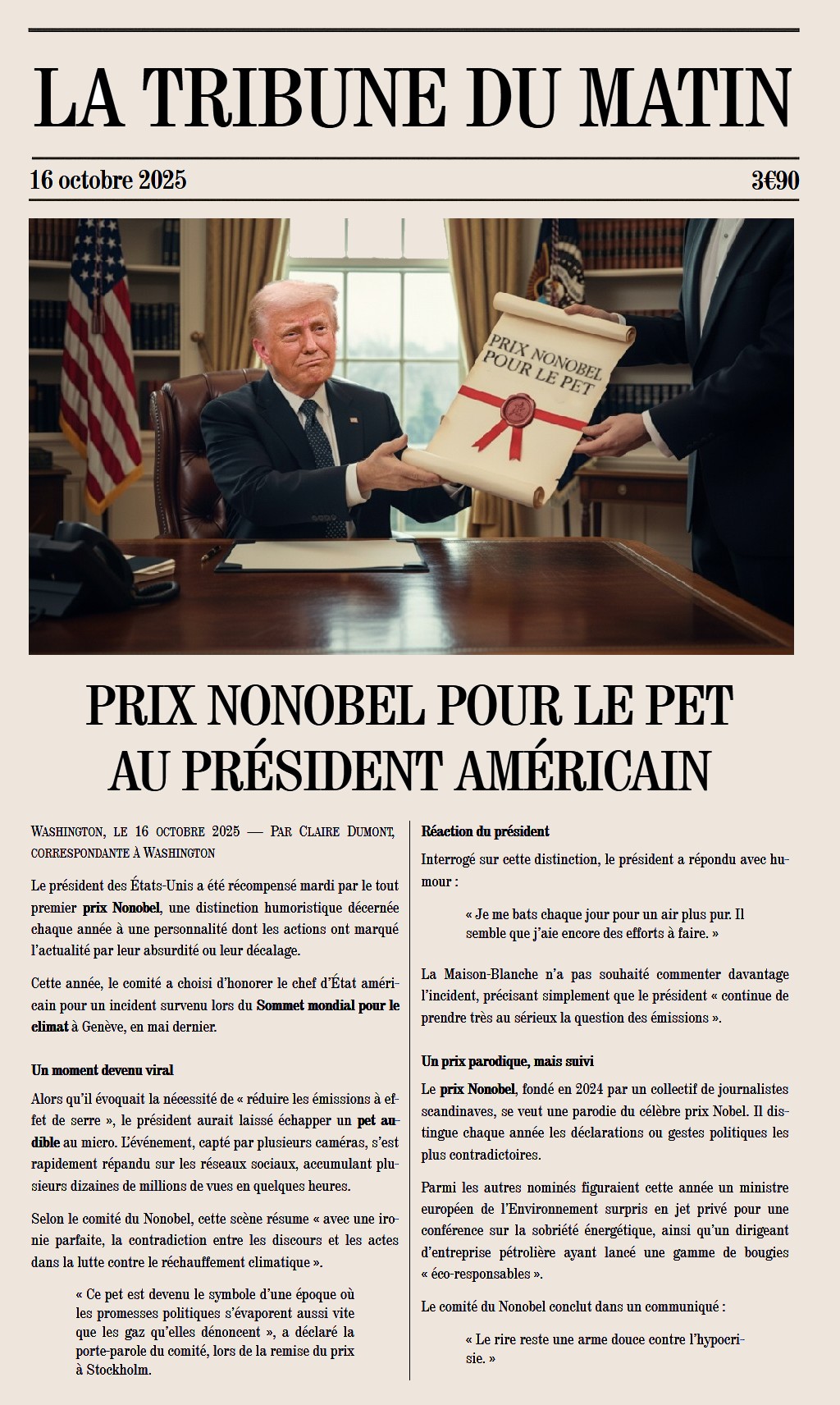 Cliquer pour agrandir. Sources : Whisk (image), ChatGPT (texte ci-dessous).
Cliquer pour agrandir. Sources : Whisk (image), ChatGPT (texte ci-dessous).
 VILLE DE Ԁ∀RIS
VILLE DE Ԁ∀RIS
DIRECTION DES AFFAIRES CITOYENNES
Bureau des Démarches Citoyennes
Paris, le 14 juin 2025
Réf. : BDC/2025-473-DUP
Objet : Suivi de votre demande d’autorisation spéciale
Monsieur de Sainte-Anne,
Vous avez saisi le Bureau des Démarches Citoyennes en date du 3 mars 2025 afin d’obtenir une autorisation particulière relative à votre activité.
Après examen, votre demande a été transmise, conformément à la procédure en vigueur, à la Direction de la Gestion Urbaine (DGURB), compétente en première instance pour ce type de démarches.
La DGURB a, le 2 avril 2025, indiqué que le traitement de ce dossier relevait de la Sous-Direction des Autorisations Spécifiques (SDAS), à laquelle le dossier a été transféré pour instruction.
Par la suite, la SDAS a orienté le dossier vers le Bureau de la Coordination Administrative (BCA), qui l’a transmis au Service des Études et Procédures (SEP), en charge de l’harmonisation des circuits décisionnels.
Le SEP, considérant qu’aucune disposition réglementaire ne précisait clairement la compétence concernée, a fait suivre la demande au Service de la Simplification des Démarches (SSD).
Le SSD, après analyse, a réacheminé le dossier vers notre service, considérant qu’il s’agissait d’une demande initialement adressée à la Mairie d’arrondissement et relevant donc de notre ressort.
En conséquence, le Bureau des Démarches Citoyennes demeure compétent pour l’instruction de votre demande, qui sera désormais traitée dans les meilleurs délais.
Nous vous prions de croire, Monsieur, en l’assurance de notre considération distinguée.
Pour le Directeur des Affaires Citoyennes,
Le Chef du Bureau,
Jean-Baptiste Lemoine
Nota : L’instruction, annoncée comme devant être effectuée « dans les meilleurs délais », s’acheva effectivement quatre mois plus tard, le 14 octobre 2025.

«Le Français a un goût passionné pour les fonctions publiques, et on fait bien ce qui plaît. Le Français a été longtemps le premier fonctionnaire du monde. Il possède toutes les vertus et les défauts de l’emploi. Si, au service de l’État, il se montre lent, routinier, étroit et formaliste, il se révèle en même temps connaisseur de son métier, rigidement honnête et attaché à son devoir. Le pauvre homme, ballotté de régime en régime, de gouvernement en gouvernement, n’a pas eu, depuis un siècle, le temps de fixer ses amours ; ne pouvant les conserver assez longtemps à quelqu’un ou à un système, il se borne à les symboliser ; il aime et sert la France ; il sert l’État.
Le fonctionnaire ne hait ni ne trahit ; il se borne à changer avec le pays, parce que lui ne peut pas changer de carrière, et il n’y a pas à s’en indigner. C’est pourquoi on a pu dire qu’autrefois la France était une monarchie absolue, tempérée par des chansons, et que maintenant »c’est une bureaucratie tempérée par des révolutions. C’est l’instabilité des régimes et des ministères qui a fait grandir sans cesse la puissance inerte du fonctionnaire.
Édouard Aynard (1837-1913), Rapport présenté le 12 mars 1900
à la Chambre des députés au nom de la Commission de l’enseignement




 VILLE DE Ԁ∀RIS
VILLE DE Ԁ∀RIS
